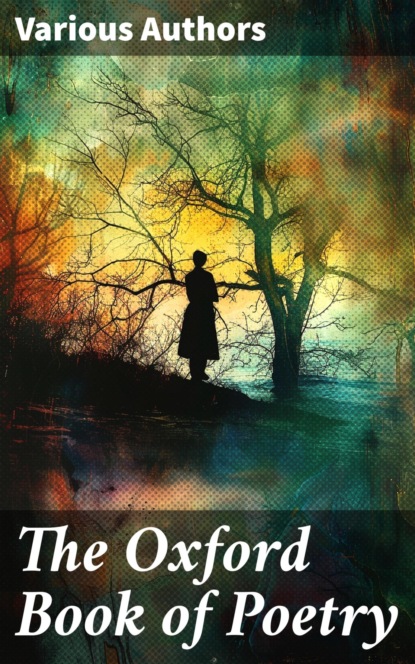Maht 2470 lehekülge
0+
The Oxford Book of Poetry
Raamatust
In 'The Oxford Book of Poetry,' readers are invited to explore an expansive compendium that captures the essence of poetic expression through the ages. This anthology brings together an illustrious array of voices 'Äî from the evocative sonnets of Shakespeare to the Romantic musings of Wordsworth, the visionary verses of Blake, and the haunting cadences of Poe. The collection traverses numerous literary movements, showcasing a tapestry of emotion and thought ranging from epic narratives to lyrical reflection. It stands as a testament to the profound ability of poetry to transcend the confines of its time, capturing universal themes that resonate through the ages. The contributing authors in this collection are literary giants who have each left indelible marks on the world of poetry and literature. Spanning a vast timeline that includes the Classical wisdom of Virgil and Ovid, the Renaissance brilliance of Marlowe and Wyatt, and the innovative prowess of modern poets like Yeats and Tennyson, these poets collectively contribute to a rich cultural dialogue. This anthology aligns with movements from the pastoral traditions to Romantic revolutions, offering a kaleidoscope of perspectives that reflect the evolving human experience. For readers and scholars alike, 'The Oxford Book of Poetry' offers a unique opportunity to engage with a diverse and profound collection of poetic works. It allows one to traverse centuries of human thought and artistry, making the anthology an invaluable resource for understanding the depth and breadth of poetic exploration. As an educational tool and a source of endless insight, this anthology fosters meaningful dialogue and introspection, encouraging readers to discover and appreciate the enduring power of poetry across time and culture.
